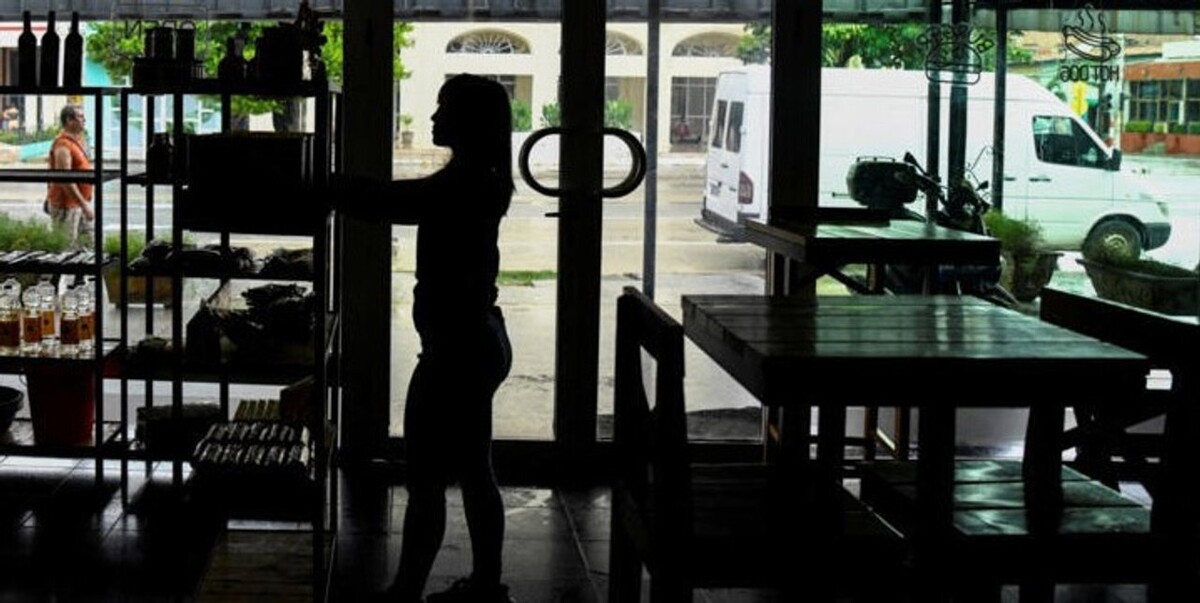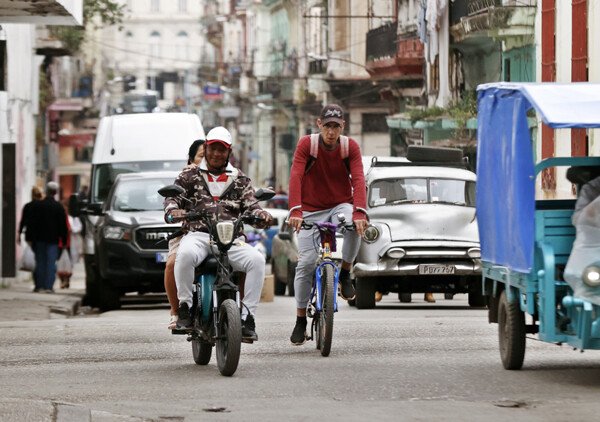
Cuba is facing a severe energy crisis with frequent power outages affecting both the daily lives of citizens and the country's economy. In the past week, blackouts reached unprecedented levels, prompting the government to suspend non-essential work and educational activities. The measure aimed to contribute to electricity savings amid the difficult energy situation.
Havana, the main urban center of the island with a population of approximately two million inhabitants, suffers power cuts of up to six hours a day, while in some provinces, the electricity supply barely reaches four hours daily. The National Electric Union (UNE) publishes a weekly schedule with the times for power cuts, but recently they have intensified due to failures in thermoelectric plants.
The problem of blackouts is mainly due to the age of the thermoelectric plants in Cuba, many of which operate without receiving the necessary investments for their maintenance, making them vulnerable to breakdowns. Additionally, the shortage of fuel oil and diesel exacerbates the situation, as the country largely depends on fuel imports due to the lack of foreign currency to acquire them in the international market.
Cuba faces an economic blockade imposed by the United States for over six decades, which has caused significant losses to the Cuban economy and has hampered its commercial operations abroad. Power cuts have a direct impact on the national economy, which experienced a contraction of 1.9% in 2023. Authorities have admitted that the economy is not in a position to grow, without providing further details on the matter.














